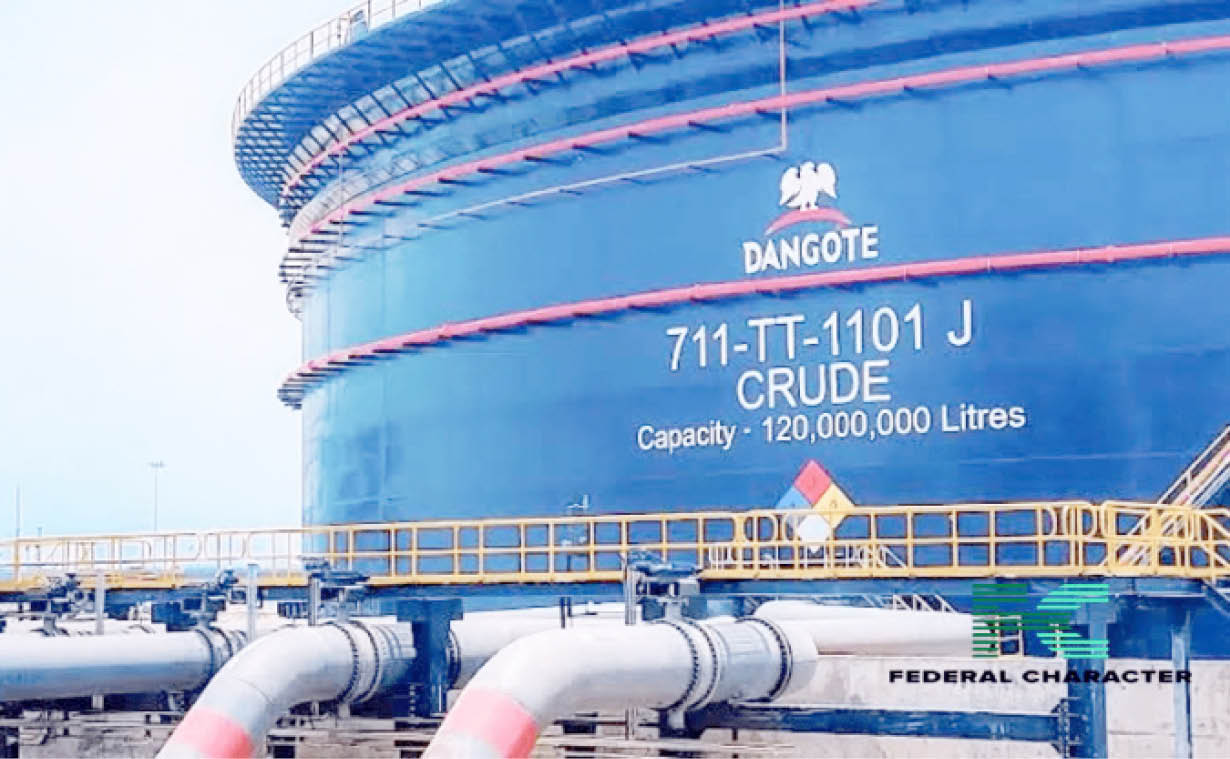
The Dangote Refinery has clarified that the recent slowdown in its crude oil intake is part of a deliberate production strategy responding to global price fluctuations not a result of technical or operational breakdowns.
During a media tour of the refinery complex on Friday, Vice President of Dangote Industries, Edwin Devakumar, told journalists that the company was regulating its crude purchases to align with market conditions and internal storage levels.
“No factory runs at 100 percent every day without issues,” Devakumar said. “What matters is whether any challenge affects output, and in our case, it hasn’t.”
The 650,000-barrel-per-day facility, which began operations earlier this year, has undergone several maintenance exercises in 2025. Devakumar explained that such activities temporarily reduced crude demand but were necessary for efficiency. He added that the plant was designed to undergo turnaround maintenance every five years, unlike older refineries that require more frequent shutdowns.
Despite the company’s assurances, Reuters reported that the refinery’s gasoline production unit had experienced four separate shutdowns this year, an unusually high number for a new facility. Dangote Industries has typically declined to provide detailed comments about its maintenance schedules.
On personnel changes, Devakumar confirmed that some staff dismissals were linked to security and sabotage concerns, revealing that the refinery had recorded 22 documented attempts to disrupt operations. These, he said, included efforts to start fires and tamper with equipment.
“We have documented evidence of attempted fire incidents and interference with instruments,” he stated. “Fortunately, our automated safety and fire protection systems immediately contained the threats.”
According to the Crude Oil Refinery Owners Association of Nigeria (CORAN), incidents of sabotage are rare within the local refining industry. Nigeria’s state-owned refineries, meanwhile, remain idle after years of underinvestment and mismanagement.
The Dangote Refinery, Africa’s largest single-train plant remains a key part of Nigeria’s plan to reduce fuel imports and stabilize domestic supply despite these temporary disruptions.



